Oops! Page not found
Sorry, your request could not be completed. Unfortunately the page you are looking for either does not exist or has been moved or deleted permanently.
Go to Homepage
Go to Homepage